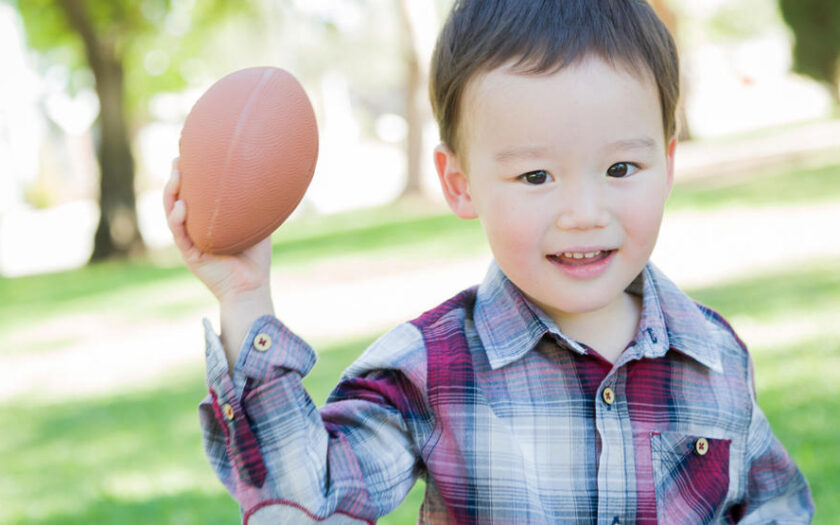Discussing gun violence with children is a delicate but essential conversation in today’s world. It is important to approach the topic with honesty, using age-appropriate language to help them understand the situation without causing unnecessary fear. Reassure them about the steps being taken to ensure their safety and encourage them to share their feelings and ask questions. Listening actively and validating their emotions can foster trust and help them process complex topics. Providing guidance on what to do in emergencies, while emphasizing that such events are rare, can empower children and ease their anxieties.
Talking to Kids About Gun Violence
When gun violence occurs in your community or the world, it’s natural for kids to worry about it happening to them or someone they care about. You might wonder how to approach this topic with your child and what is appropriate to say. Here are some helpful tips.
When Should I Talk to My Kids About Gun Violence?
After an incident of gun violence, children might need some time before they’re ready to talk. Some kids may want to discuss it but may not know how to start the conversation. If they stay close by, like when you’re doing chores, it might indicate they’re open to talking. Others may prefer to express their feelings through writing, music, or art.
However, if your child doesn’t show interest in the event or isn’t ready to talk about it, don’t push them. If you think they’re curious, you can ask if there’s something they want to discuss.
What Should I Say About Gun Violence?
Let your child’s questions guide how much information to provide. Here are some important points to consider:
- Be honest. Share the truth about what happened, but avoid giving more details than your child is ready for. Stick to the basic facts and say something like, “There was a shooting, and some people were hurt, but it’s over now.” Your goal is to ease their fears and help them feel safe.
- Support their emotions. Don’t dismiss what they feel. If they express that they’re upset or scared, avoid saying, “Don’t worry, you’ll be fine.” Instead, acknowledge their feelings: “Yes, I understand that this is very scary for you.” This shows that you hear and understand them.
- Adjust explanations based on age and maturity. Consider how much your child can comprehend. If they seem open to talking, start by asking, “What have you heard about what happened?” or “What have your friends said?”
Age-Based Tips:
- Early Grade School: Keep information brief and simple. Reassure them that adults are there to protect them. If the incident occurred at a school, explain the safety measures in place, like locked doors and emergency drills. For very young children, use picture books or drawings to help them express their feelings.
- Older Kids: Discuss the broader picture. Talk about why it’s wrong to harm others or misuse guns. Kids this age might ask, “Am I really safe?” or “How am I protected?” Explain what their school and community are doing to keep them safe.
- Teens: Teens might have strong opinions about gun violence. Ask them, “What do you think about what happened?” Discuss why some people hurt others, mentioning factors like mental health issues, anger management problems, substance use, or alcohol. Reassure them that community members, like doctors, teachers, and police, are there to help. Encourage them to talk to you or another trusted adult if they ever feel angry. This is also a good time to discuss the risks of drugs and alcohol. You can also guide them to informative articles on the topic.
If your child asks a question you can’t answer, let them know you’ll find out together. Use age-appropriate websites to research the answer.
No matter your child’s age, listen patiently. Allow them to ask questions, express their fears, and share what’s on their mind. Expressing their feelings can help them—and you—feel better.
Additional Tips
- Monitor Media Exposure: Limit your child’s exposure to gun violence on TV, online, and social media. Although they may be curious, too much information can cause anxiety. Be mindful of how often you discuss such news in their presence, and avoid leaving the TV news on in the background.
- Empower Kids to Help: After a violent incident, finding ways to contribute can give children a sense of control. Consider donating items, volunteering, or writing letters. Highlight positive news stories that show how others are helping.
- Promote Awareness: Explain to kids that being attentive can help prevent violence. Encourage them to tell a trusted adult if they hear or see something concerning, like someone planning to hurt others or showing signs of anger or depression.
- Discuss Gun Safety: Talk to children about gun safety in an age-appropriate manner.
- Maintain a Routine: Keeping to a routine helps children feel secure. Ensure they stay physically active, get enough sleep, and eat well. Encourage them to keep up with homework and participate in after-school activities. However, don’t force these activities if they seem overwhelmed.
- Watch for Signs of Stress: Be alert for changes in behavior, such as trouble sleeping or eating, withdrawal, or excessive worrying. If these signs persist, contact a doctor or behavioral health care provider for support.
With open communication, love, and support, you can help your children feel safer and more secure.



